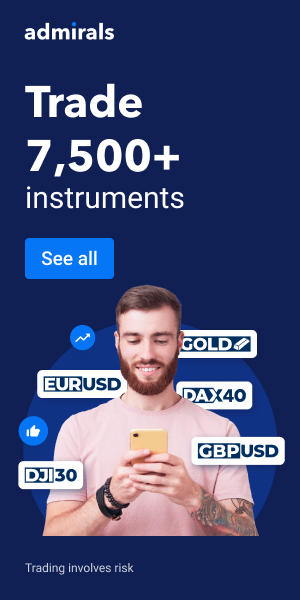Glossary
Example:
A trader, focusing on current trends, has taken a bearish position, expecting further price declines in the market.Example:
In bear market conditions, investors often reorient their portfolios, choosing protective assets or applying strategies aimed at reducing potential losses.Example:
An investor has purchased a fixed coupon bond expecting to receive interest payments and principal repayment at the end of the term of the securities.Example:
The broker provides the trader with detailed information about various financial instruments and trading conditions, facilitating informed decisions.Example:
A "bull" in the stock market has decided to increase his investment, convinced that the price of the selected company's shares will rise soon.Risk Warning
Before embarking on Forex trading, it is essential to thoroughly evaluate your investment objectives, level of experience, and risk tolerance. Never allocate funds that you cannot afford to lose.
Off-exchange foreign exchange transactions carry significant risks, encompassing leverage, credit risk, limited regulatory protections, and market volatility. These factors can significantly influence currency prices and liquidity.
Furthermore, the leverage inherent in forex trading means that market fluctuations can result in substantial gains or losses relative to your initial investment. If market conditions go against you, you may risk losing your entire initial margin and be required to inject additional funds to maintain your position. Failure to meet margin requirements may lead to position liquidation and subsequent losses for which you bear responsibility
Before embarking on Forex trading, it is essential to thoroughly evaluate your investment objectives, level of experience, and risk tolerance. Never allocate funds that you cannot afford to lose.
Off-exchange foreign exchange transactions carry significant risks, encompassing leverage, credit risk, limited regulatory protections, and market volatility. These factors can significantly influence currency prices and liquidity.
Furthermore, the leverage inherent in forex trading means that market fluctuations can result in substantial gains or losses relative to your initial investment. If market conditions go against you, you may risk losing your entire initial margin and be required to inject additional funds to maintain your position. Failure to meet margin requirements may lead to position liquidation and subsequent losses for which you bear responsibility
Thank you for your request!
We will contact you shortly.








